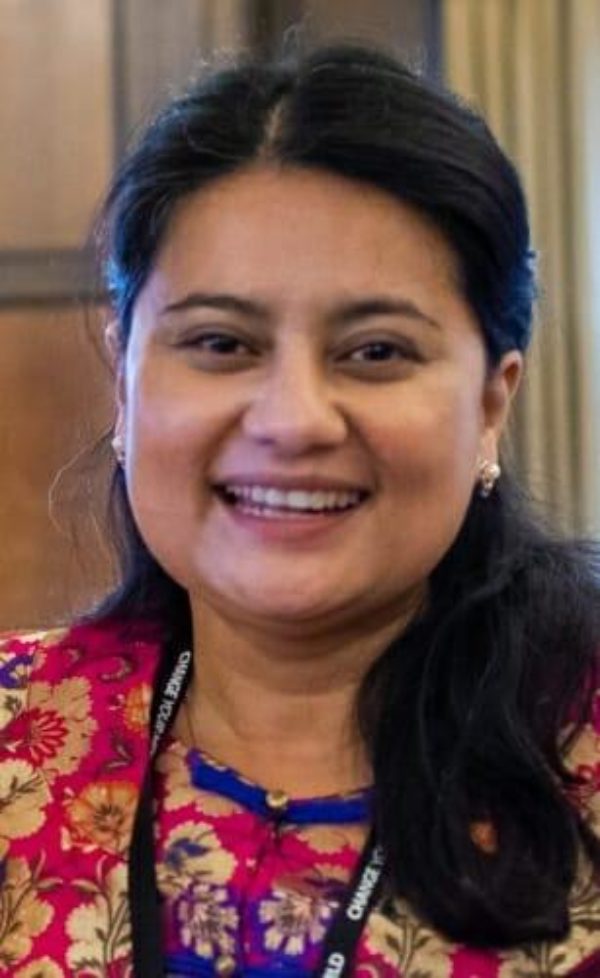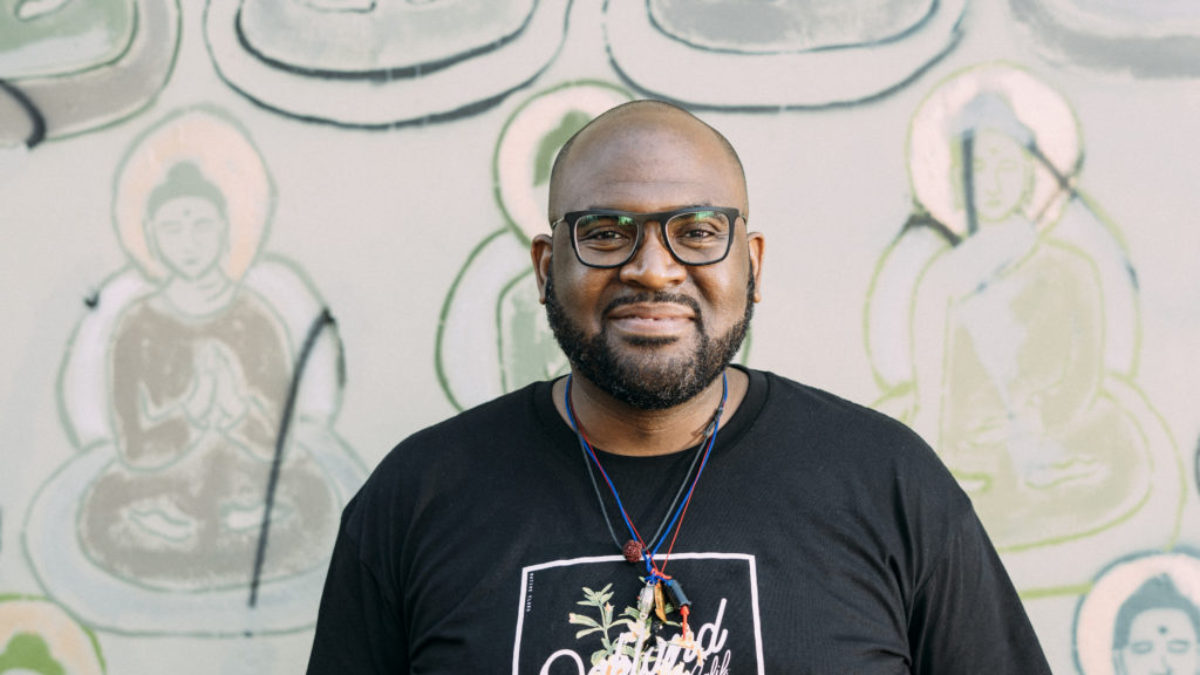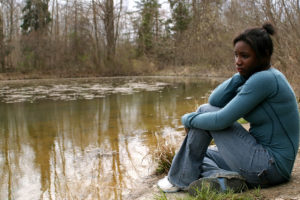Dekila: What initiative or project are you working on that excites you?
Lama Rod: I just finished my second book – Love and Rage, the Path of Liberation through Anger, and am excited about the next book, which will already be more accessible for people who aren't necessarily Buddhist or meditators, but is still rooted within Buddhist philosophy. I'm doing a lot of writing and thinking these days about what it means to be good and virtuous and how these are things that we have to work at and choose to be moment by moment. It is important to understand that these practices and philosophies are choices especially in the face of systematic violence of racism and climate change politics, and that we have to find ways to be compassionate and loving, but also wise, clear and direct.
I am also very excited about Bhumisparsha, which is the name of the contemporary tantric practice community Lama Justin Von Bujdoss and I came together to create. It is a community that focuses on Buddhist practices in a way that is accessible for westerners while also connecting to indigenous practices that are native to America. Bhumisparsha refers to the hand gesture when Buddha touches the earth and the earth bears witness to his enlightenment. As a community, we are trying to touch reality itself, and to be in America and to embrace and acknowledge America’s history and culture. It means we have to take into account the systems of violence that America was born out of and embrace both the good and the bad. It means that we follow the path and practice toward the America that it has to become. Instead of creating a separate realm where we go to practice, we choose to practice in our bodies, on the earth, in this moment, undivided from our historical cultural contexts.
Dekila: Can you share how you see the role of sangha (religious community in the Buddhist tradition) in social or environmental activism?
Lama Rod: The idea of individualism is really counterproductive to social change, because change happens in groups. I think that a sangha has to initiate the change within the sangha that they want to see in the world. So, if we want to see a less racist world, then we have to invest in creating a sangha that is less racist. In Bhumisparsha, we try to understand what justice is as a sangha and focus on supporting Black-led organizations. We are not trying to be a mass movement, but rather we try to create a space for everyone who is at the edge and who hasn’t felt like they belong in more traditional sanghas. The structure is decentralized and there is a lot of autonomy for community members, and since our community members tend to be more female, progressive, gender non-conforming and queer, we naturally are centered around less dominant cultural characteristics. We have made all events and programs free and we ask our funders to support programs being freely accessible to everyone, especially marginalized communities. You can't do anti-racism work if you don't have marginalized communities represented and centered within it.








